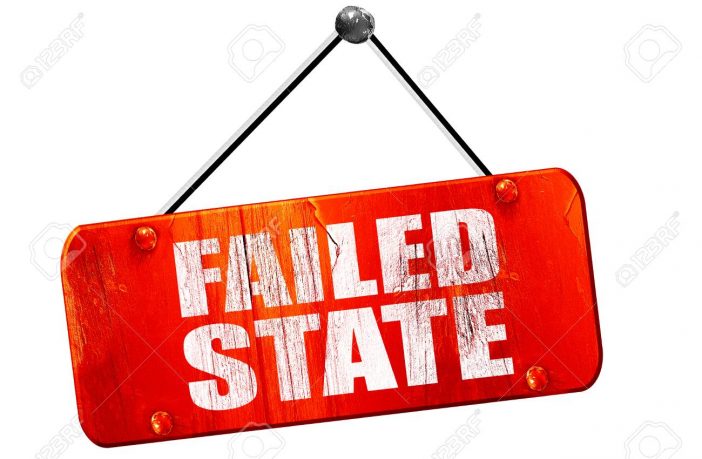- Local newspapers in Zimbabwe reported today that ZESA, Zimbabwe’s state-owned energy has applied to the country’s energy regulator ZERA for a 30% tariff hike.
- ZESA is justifying the tariff increase on the back of increased input costs like the recent January diesel price hike from $1.36 to $3.11 a litre (over 100%).
Zesa’s acting Chief Executive Patrick Chivaura told The Herald newspaper that an increase in tariffs was required after prices of inputs like coal and diesel rose earlier this year.
Zesa’s last application to raise prices by 49% in July 2016 was rejected by the ZERA who cited that it would further hurt a struggling economy.
Chivaura has threatened that the power company could cut power supplies if the tariff hike request is refused. “Generally, what suffers is maintenance which you experience as blackouts in your localities, lines collapsing because we can’t maintain them, we can’t maintain the switch gears, we can’t maintain transformers, and so on,” Chivaura was quoted as saying.
Zimbabwe has seen an increase in prices across the board after the central bank in February scrapped a 1:1 official peg to the US dollar, and merged its bond notes and electronic dollars into a transitional currency called the RTGS dollar.
Zimbabwe energy generation and infrastructure has deteriorated into what can only be described as a dysfunctional state. Blackouts are regular daily occurrences. The country has a daily electricity of demand of 2,200 MW against an installed capacity of 1,100MW, most of which comes from the Kariba Hydro Power station. Read more
Zimbabwe imports electricity from South Africa energy utility Eskom to make up the shortfall. It is widely speculated that their account is significantly in arrears.
Author: Bryan Groenendaal















